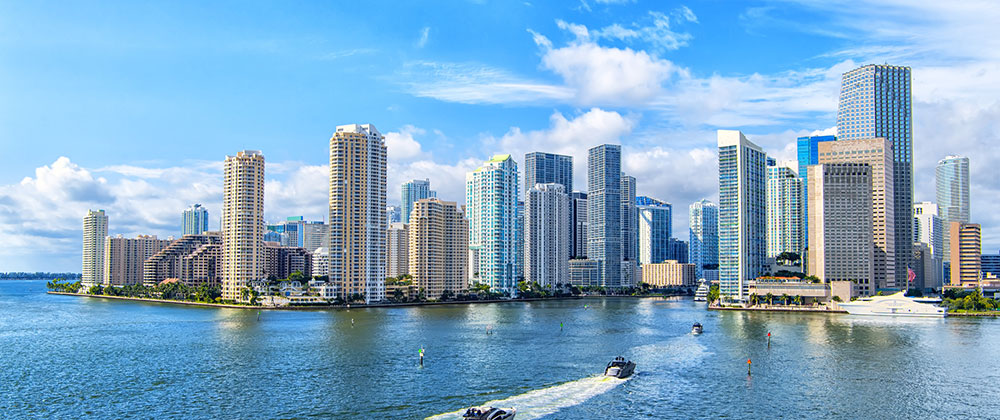For the first time in its history, the Department of Justice’s Executive Office for Immigration Review, otherwise known as EOIR, has been allocated the largest increase in the number of immigration judges across the country.
Currently, there are approximately 220 immigration judges in the entire country, handling millions of immigration court hearings. also known asremoval proceedings, every year. It is estimated that each of the current immigration judges, on average last year handled over 1,400 cases. Some immigration judges reported that they currently have over 3,000 cases on their personal docket. That number far exceeds federal judges, who on average handle 566 cases per year. Social Security administrative law judges, whose role is similar to that of an immigration judge, handles on average 544 cases per year. This shortage of immigration judges has overloaded the current judges, putting the pressure on them to complete cases. This pressure can lead to judges issuing decisions that may have had a far differing result if adequate time and resources were available. Most of the time, the ones who suffer because of this deficiency are the respondents who have been ordered to appear before the immigration judge.
Last summer there was a surge of unaccompanied minors and woman, who crossed the border from Mexico and were apprehended at the border. These cases were expedited in front of the immigration court and placed on what was called a “rocket docket.” There was a backlash from the immigrant advocate community since very quick and often harsh decisions were made by the judges in these cases. In an effort to speed up the process many of these women and children were quickly ordered removed or deported to their country of origin, often before they had the opportunity to speak with competent legal counsel.
Another result of this overload in cases is an unprecedented backlog in cases, meaning the average case will be rescheduled over a year and a half from the first time the judge hears the case. Currently, there are many courts such as in New York City and Miami, where the cases can be reset three years into the future. There have recently been a number of cases set for Friday, November 29, 2019, which happens to be Black Friday, the day after Thanksgiving. The immigration court is one of the few courts in the nation that holds hearings on this day. This date is also notorious for court closings, either by presidential declaration, or when immigration judges and prosecutors take annual leave to extend their holiday weekend. The date is telling because it was obviously chosen to schedule cases that will never be heard on that particular day and will most probably be rescheduled far into the future.
The House Appropriations Committee, following a bipartisan bill, approved increasing a record number of 55 immigration judges across the nation as well as allocating $74 million dollars for additional court improvements. These improvements will include new video conference technology in the courtrooms as well as general information technology upgrades.
It is expected that the new immigration judges will be assigned to the districts that have the highest number of pending cases. This is just one step in helping to heal the ailing immigration system in this country. This new bill however, did not provide any funding for President Obama’s proposed program to provide free legal services to the indigent immigrant population.



